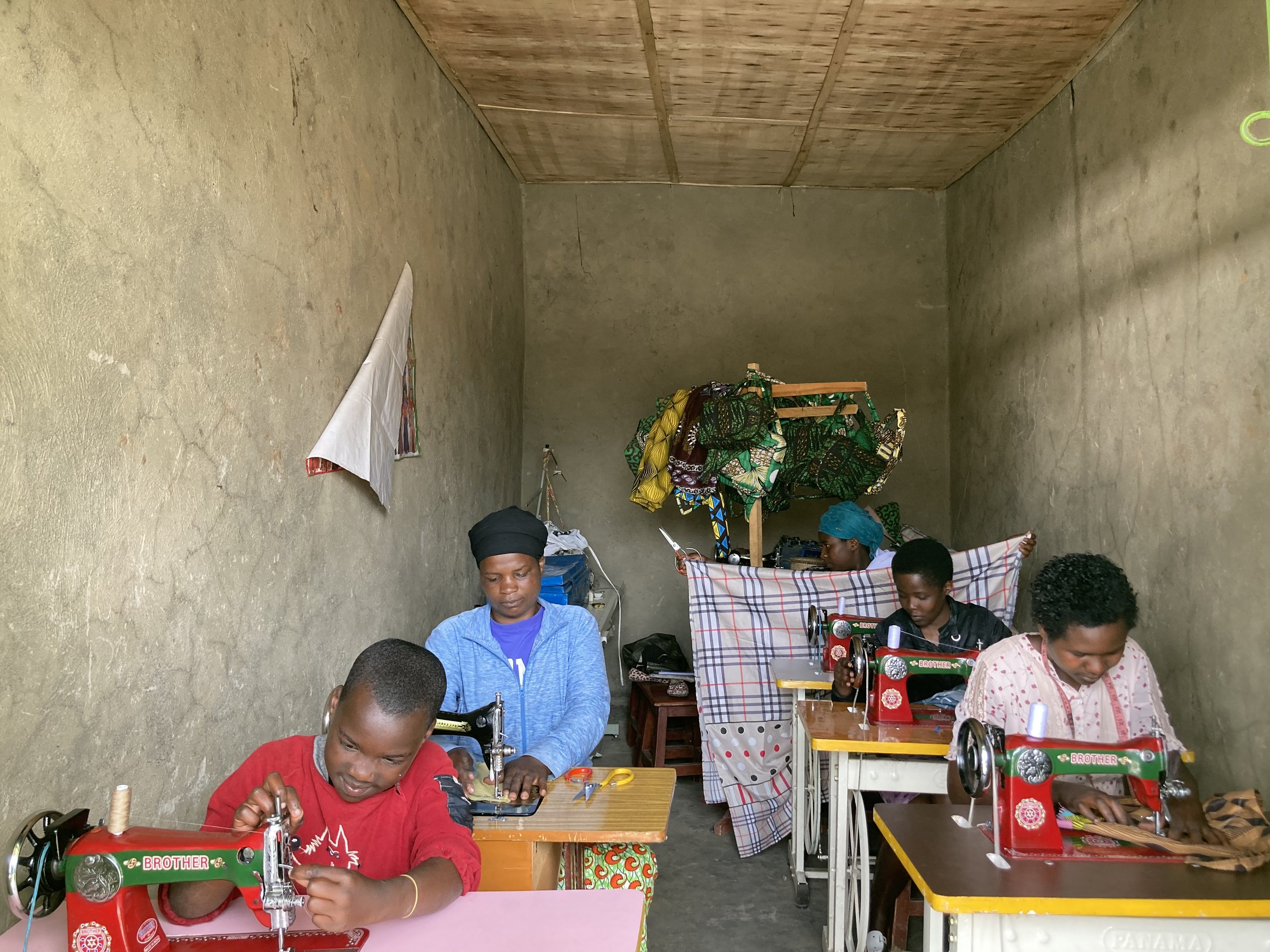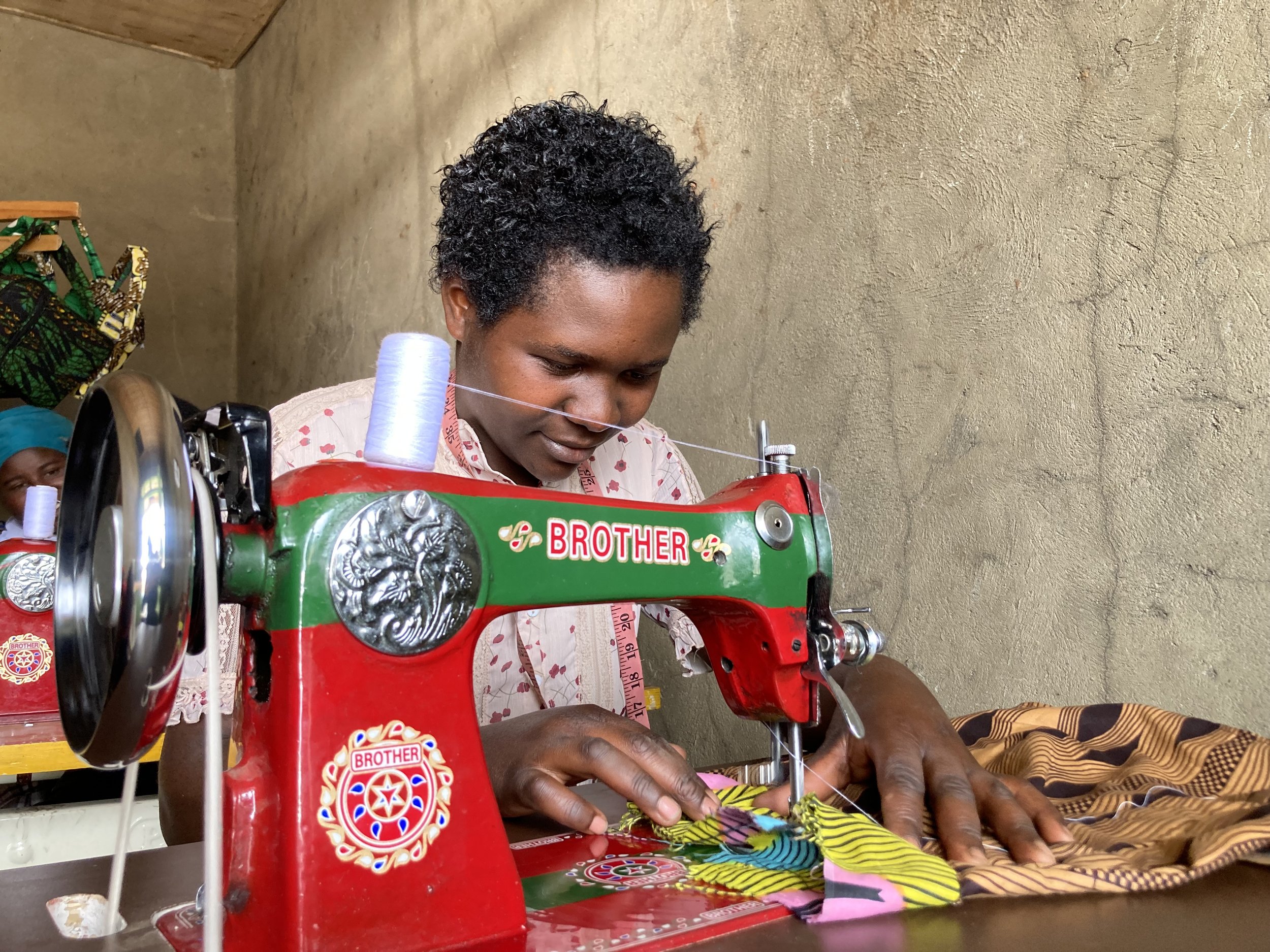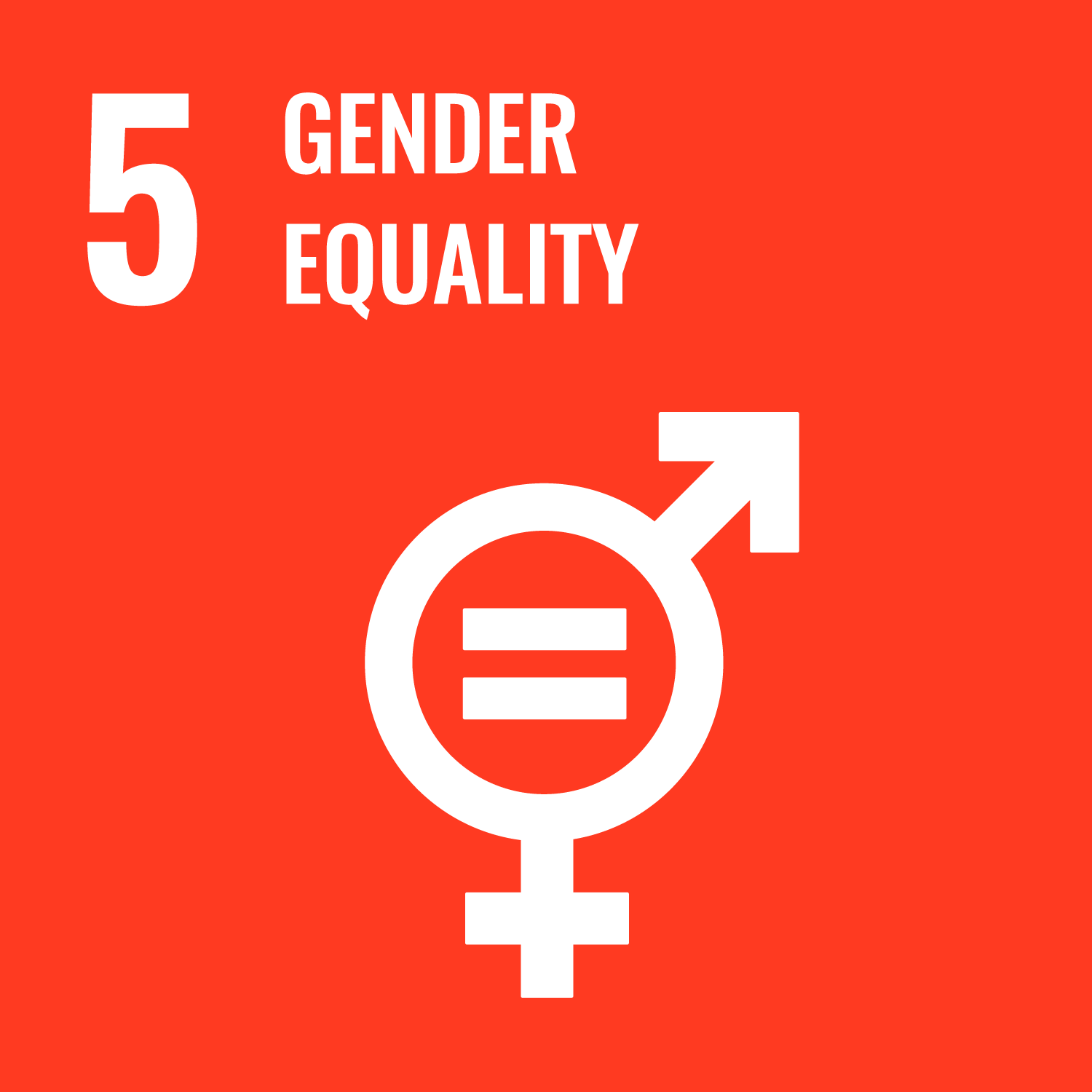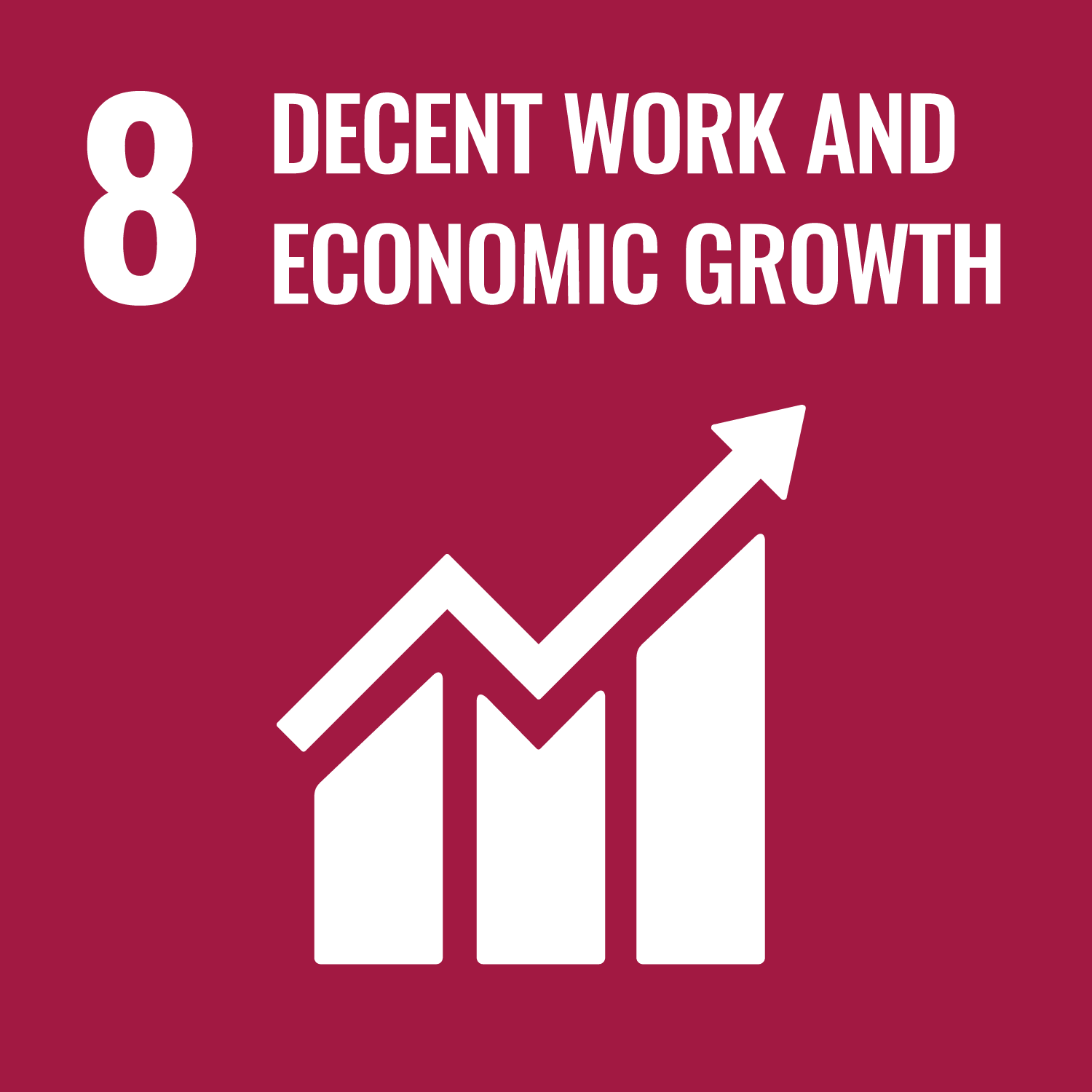Women’s Support in Handicraft Business: Tailoring School to Unify and Empower Women
Kitenge, a traditional cloth in Rwanda
Kitenge, or chitenge is a fabric across East Africa, West Africa and Central Africa. Rwanda inherits the culture and assimilates into our culture. These days, as pacing on the street in Rwanda, Kitenge is everywhere. However, to transform Kitenge cloth into dresses, blouses, pants or anything else, tailors play an essential role. With sophisticated skills and creativity, Kitenge cloth is able to be worn, to continue the delicate tradition in Rwanda.
Essence of tailors in local community
Fast fashion followed by the industrial revolution, has dominated the textile industry, and accounted for the majority of consumption of clothing. Machinisation leads to decreased demand for tailors. Traditional textile in rural areas is the most vulnerable and is facing vanishment.
To keep the culture of Kitenge in rural areas of Rwanda, the inheritance of skills and design are necessary, from experienced experts to passionate apprentices.
Involvement of SACOLA
SACOLA discovers the importance of inheritance of traditional textile, for Rwandan culture and also for community. We fund local textile and handicrafts businesses, including mat weaving, arts & crafts, and tailoring. The achievement includes:
1. Tailoring school with licences
SACOLA provides two classrooms to train apprentices to become tailors. The training is given by local, sophisticated women, in order to provide new graduates or other enthusiasts with sufficient tailoring skills. After a trainee acquires all required skills, SACOLA grants the tailoring licence to him/her, proving the capability of a professional.
Weaving/sewing machines are provided in the school by SACOLA as well. Students can learn skills here without any financial difficulty. The white board stands by the wall provides creative ideas with space to develop. Tables and chairs create a comfortable environment for working and learning.
Fig 1 A well-functioning weaving/sewing machine provided by SACOLA
Fig 2 A classroom/workspace of tailor school with equipment and materials with diligent tailor
2. Production of local clothing and textile products
These machines and all equipment in tailoring school are not only for training, but also used for producing local clothing and textile products. Trainers and graduates from tailoring school are more than welcome to come back and put their creative ideas into practice. We believe the unification makes the community stronger. You can find many of these beautiful products on sale at the local markets. This provides employment and income to those in need.
FIG. 3 DIVERSE PRODUCTS HANG ON A CLOTHES RACK AND ARE REALLY TO SELL.
FIG 4. A SOPHISTICATED TAILOR IS MAKING PRODUCTS USING THE WEAVING/SEWING MACHINE PROVIDED BY SACOLA.
FIG. 5 A GROUP PICTURE OF TAILORING SCHOOL’S TRAINERS AND THEIR FAMILIES
Alignment with UN SDGs
Gender equality
Tailors in Rwanda are mostly women. This project emphasises on women empowerment, by providing space, equipment and skills for women who have passion for tailoring. Eventually, it enhances female employment and promotes gender equality in the Kinigi/Nyange community.
Decent work and economic growth
Kitenge traditional textile industry in Kinigi/Nyange community increases income-generating employment opportunities. Furthermore, it generates remunerative employment and productive occupational opportunities compatible with country-specific factor endowments.
The project is based in Kinigi/Nyange community, a rural community. It achieves SDG 8: Decent Work and Economic Growth by generating employment for vulnerable groups, such as women and unemployed rural labourers.









